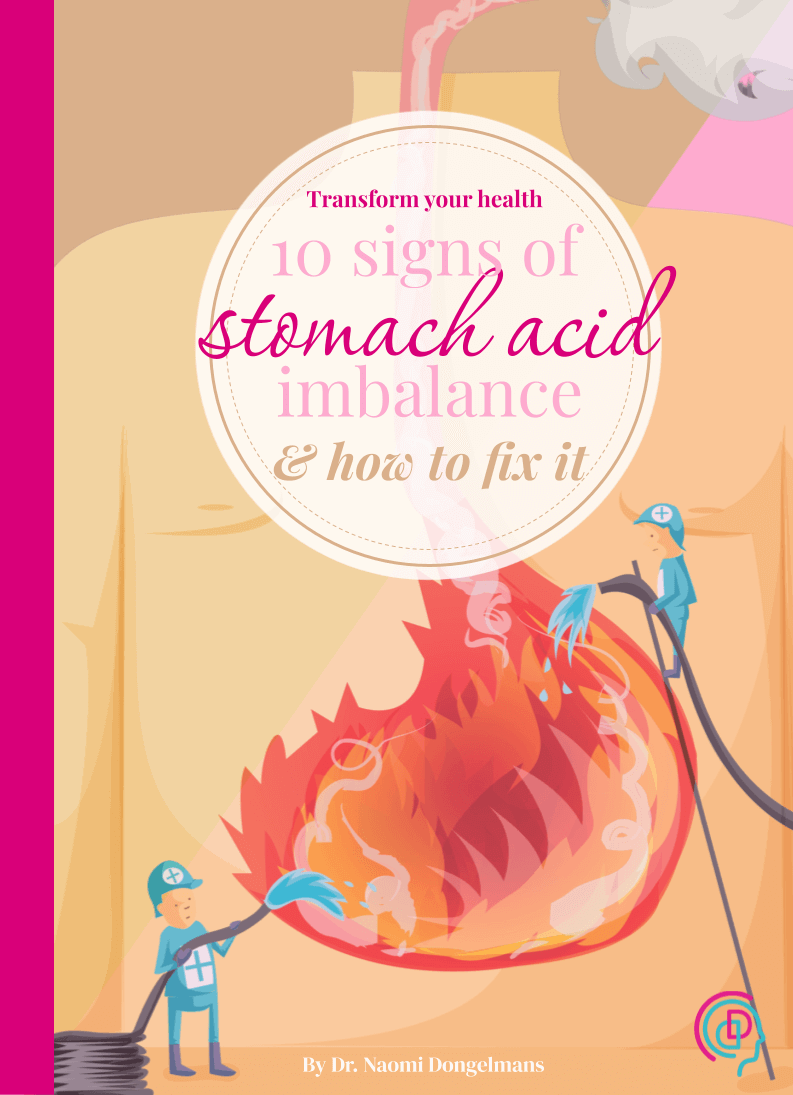
Food sensitivities and intolerances are on the rise. What’s going on? Why do we see an increase in reactions to the foods we are eating? There have been many theories trying to explain this phenomenon, but the root cause often lies in modern diets and lifestyles.
Understanding your reactions
There are three main types of food reactions you will likely encounter: true food allergies, food sensitivities, and food intolerances.
Food allergies
True food allergies involve the release of histamine. Food allergies range from mild to life-threatening and usually occur shortly after consuming the allergen.
Food sensitivities
- Food sensitivities involve the immune system too but are not true food allergies.
- They are delayed, so reactions occur hours or even days after the offending food has been ingested, making identification tricky.
- Food sensitivities are accumulative so you may be OK with consuming a small amount of the food but have problems when too much of it is consumed.
Food intolerances
Food intolerances, while often confused with food allergies and sensitivities, are unique. They do not involve the immune system and are usually due to the lack of certain digestive enzymes.
My journey with (food) allergies & sensitivities
Let me share my story with you. I used to suffer from numerous allergies, including reactions to nuts, severe hay fever, and dog and cat allergies. Additionally, I had eczema and severe asthma. My life was a constant battle with discomfort, avoiding foods and places that triggered my symptoms. I remember the frustration of feeling unwell after meals and the anxiety of dining out, not knowing what might cause a reaction.
After years of struggling, I discovered that the root of my issues lay in my gut health. By focusing on healing my gut, I managed to alleviate most of my allergies. This journey included not only dietary changes but also lowering stress and healing past traumas, as both have an enormous impact on gut health and allergies. The transformation was incredible – I could enjoy a wider range of foods and live without the constant fear of allergic reactions.
What causes us to react to food?
There are numerous factors involved, such as genetics, gut microbiome, and the immune system and even unsolved traumas. Severe or numerous food reactions may indicate an underlying issue that many doctors may overlook, especially in the case of food sensitivities, which are often underdiagnosed.
Common signs of food sensitivities or intolerances
- Digestive issues: diarrhea, bloating, constipation, gas, heartburn
- Weight fluctuations
- Skin problems: eczema, acne, dryness, rosacea
- Difficulty digesting certain foods
- Joint or muscle pain
- Fatigue
- Autoimmune conditions
Should you avoid foods you react to?
If you have a true allergy or true ‘gluten intolerance’ such as celiac disease, then yes. However, for others, the best strategy is often to repair the gut. Strict avoidance can increase immune sensitivity, risk nutrient deficiencies, disrupt the gut microbiome, and is not sustainable in the long term.
3 ways to repair your gut and eat more of what you love
Nourish your gut microbiome
The gut microbiome is the collection of bacteria living in your gut. Increasing its diversity can help manage food reactions. Here are a few ways to do it:
- Feed your gut bacteria: Consume foods rich in prebiotics, a type of fibre that feeds good bacteria in the gut. These prebiotics can be found in non-gluten grains, seeds, and starchy vegetables.
- Expose yourself to different microbes: Spend time outdoors and maintain an active lifestyle. Activities like hiking and camping can contribute to a diverse microbiome.
- Get the right probiotics: Use specific probiotic strains for different conditions, such as asthma or peanut allergies. Research and choose the right strain for your needs.
Fix your leaky gut
Your gut has a skin that acts as a barrier. You want the food to stay in the gut, however sometimes, the gut barrier breaks down, and molecules from the gut leak into the bloodstream. This condition is known as leaky gut. When molecules escape the gut and make their way into the bloodstream, the body's immune system goes on the defensive and attacks. If you have a leaky gut, it will feel like no matter what you eat; you react to it. So, you keep eliminating, eliminating, and eliminating some more! That doesn't work. You must fix your gut.
- Remove food allergens: Eliminate known allergens and inflammatory foods like refined grains, oils, added sugar, and synthetic additives.
- Incorporate gut-healing foods: Add bone broth, raw cultured dairy, fermented vegetables, sprouted seeds, and omega-3 fats to your diet.
- Support with supplements: Use probiotics, digestive enzymes, and L-glutamine to support digestive health and protect the gut lining.
Optimise digestion
Several food sensitivities and intolerances result from the body not producing enough enzymes to help break down food properly. For example, lactose intolerance is a result of having too little enzyme that breaks down lactose. You can purchase a broad-spectrum digestive enzyme that can be taken with meals.
Are you tired of feeling unwell after eating?
 If you suspect food sensitivities or intolerances are affecting your quality of life, my minicourse can provide the guidance you need. Learn how to identify triggers, heal your gut, and regain control of your health.
If you suspect food sensitivities or intolerances are affecting your quality of life, my minicourse can provide the guidance you need. Learn how to identify triggers, heal your gut, and regain control of your health.Join the program here for €37 (instead of €97)
By understanding the root causes of food reactions and implementing targeted strategies, you can enjoy a happier, healthier relationship with food.
Love what you read here? Subscribe for updates! Add me to the list!




























0 Comments